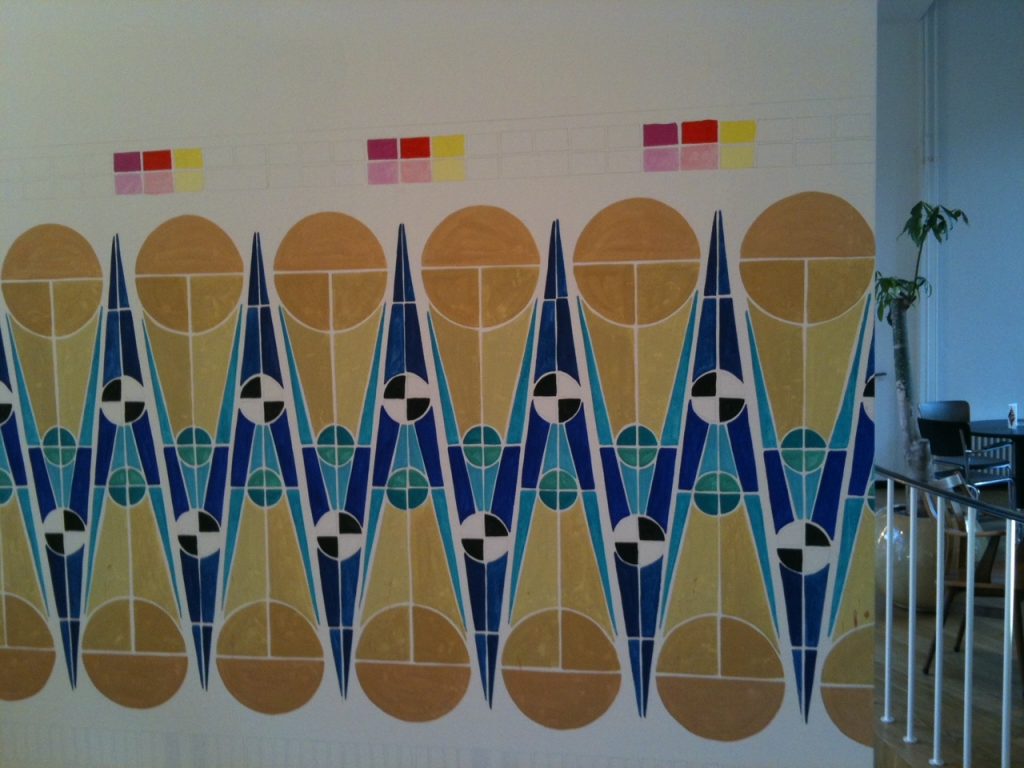
Die Berichterstattung von SRF nach dem Auftritt des gewählten Präsidenten Donald Trump wird den Problemen, die die Vereinten Nationen tatsächlich haben, nicht gerecht. Deshalb hier die wichtigsten Kritikpunkte an der UNO, den Vereinten Nationen, copyright Regula Staempfli, 24. September 2025.
Systemic bias against Israel
The UN has passed more condemnations against Israel than against all authoritarian regimes combined — a grotesque distortion that undermines its credibility.
Domination by dictatorships
Autocracies (China, Russia, Iran, Venezuela, etc.) chair human rights councils and disarmament committees, turning watchdog institutions into shields for abusers.
Erosion of US sovereignty
Critics argue that binding UN treaties and rulings increasingly override democratic decisions taken within the US, weakening constitutional self-rule.
Ineffectiveness in preventing wars
From Rwanda to Syria, Sudan to Ukraine, the UN repeatedly failed to stop genocides or wars — yet still claims authority as a peacekeeper.
Weaponization of “international law”
Legal concepts like “genocide” or “apartheid” are increasingly used as political cudgels against democracies, while real mass atrocities in China, North Korea, or Iran are ignored.
Financial burden
The US funds roughly 22% of the UN’s core budget (billions annually), effectively subsidizing hostile regimes that vote against it in the General Assembly.
Anti-democratic equal vote principle
In the General Assembly, the US has the same vote as microstates or dictatorships, meaning 130+ regimes that oppress their citizens can consistently outvote democracies.
Entrenchment of bureaucracy
The UN has become a sprawling self-referential machine — over 40,000 employees, endless conferences, and agencies — often focused more on institutional survival than outcomes.
Corruption scandals
From the “Oil for Food” program in Iraq to systematic sexual abuse by peacekeepers, the UN’s track record is tainted by corruption and impunity.





